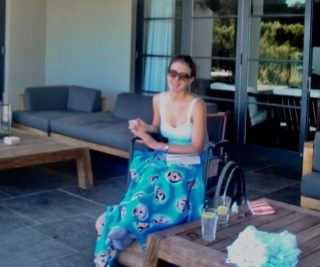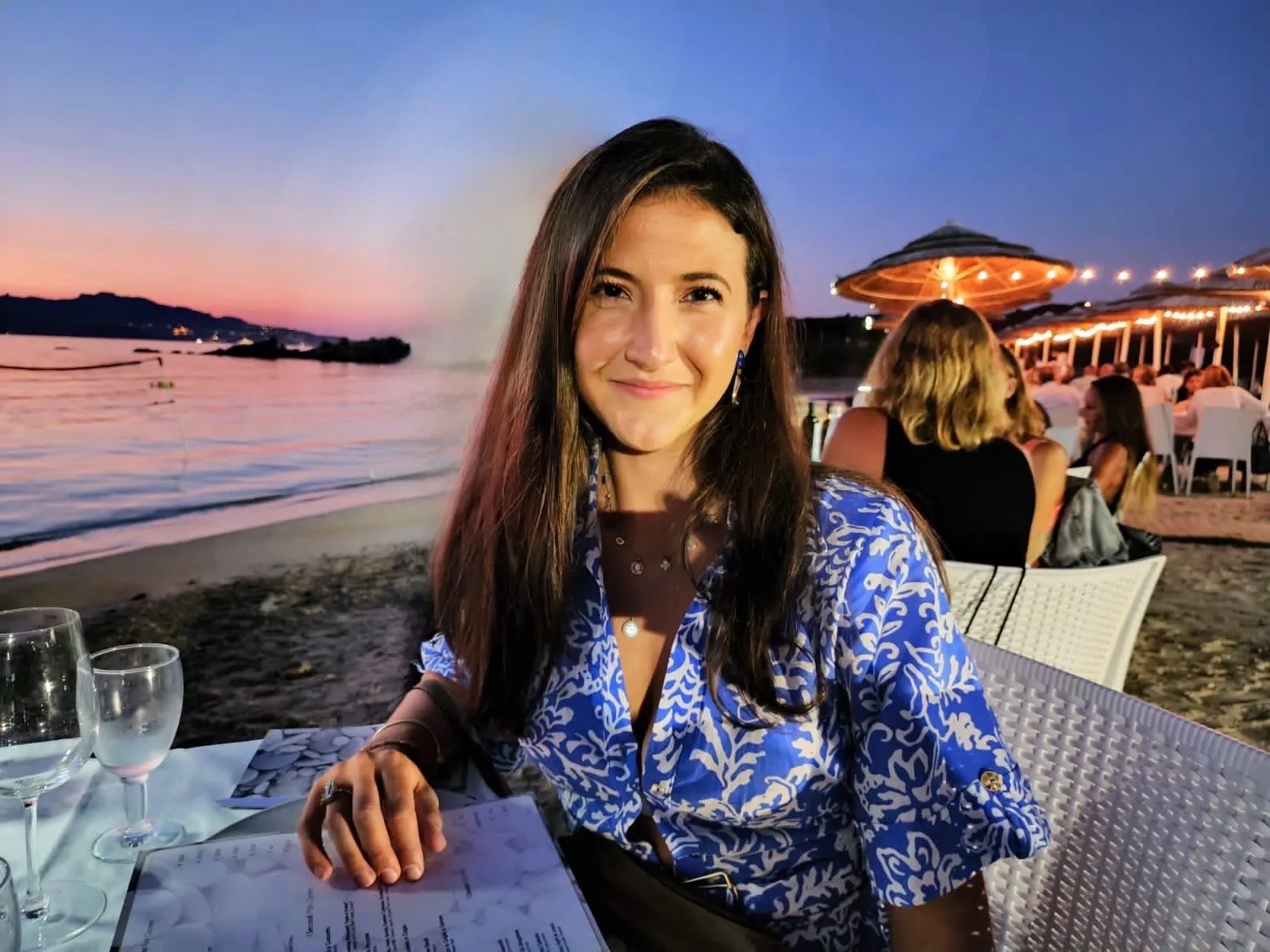Wednesday Wellness is all about reclaiming a healthy mind and body, and our most recent guest epitomizes this. Marina Wildt is the founder of The Discerning You, a chronic illness and pain support group dedicated to “uniting, enlightening, and educating”. It was founded in 2018 to also combat the lack of education surrounding chronic pain conditions, specifically Complex Region Pain Syndrome.
But on her journey to becoming this inspiration and beacon of hope for many, she faced a few challenges along the way.
A life-changing pain diagnosis
Being diagnosed with Complex Regional Pain Syndrome Type II (CRPS II) at the age of 16 is terrifying. Dubbed the “Suicide Disease”, CRPS has a suicide rate of 75%, with those diagnosed being considered as high risk. Marina shares her story of overcoming this lifelong diagnosis. She also spoke about using her experience to encourage others to take control of their own health.
The Beginning
It all started at the young age of 14 when Marina had to undergo immediate surgery on her legs after a tumor was discovered. She was given about three months to recover, but instead, the pain got worse. “I was in more pain than I initially was after I had the surgery”, she says. This was the start of a two-year period of immense pain. It was also accompanied by sneaking high doses of painkillers to try to alleviate the pain.
It wasn’t until she fell down a flight of stairs at the age of 16 that she finally got answers. In a moment, the pain she was experiencing went from being manageable on crutches, to her completely losing feeling in her legs.
This experience, which she defines as “the final cracking moment” led to her finally being diagnosed with Complex Regional Pain Syndrome Type II. It is classified as the most painful chronic condition one can have. In fact, according to McGill Pain Scale, it has a rating of 42-46/50, compared to limb amputation, which sits at 14.

Marina Wildt in 2011
Steps to Healing: Educating herself
When she visited her occupational therapist, the first order of business was to educate herself. “Every single time I had a symptom or something was wrong, we tried to understand it,” Marina says. By doing this, they were able to adjust her lifestyle. They were also able to implement mechanisms that would enable her to no longer rely on medication.
Alternative medication
Marina emphasizes the importance of finding the right medication to regulate her body. Painkillers can have a negative effect on the liver and kidneys when taken for extended periods of time.
So, in search of the perfect medication that wouldn’t have an adverse effect on her body, Marina discovered CBD oil. Founded through a botanist with a Ph.D. in Botany, she began using it four years after her diagnosis, significantly decreasing her opioid reliance.
It’s All In Your Brain
Marina was advised to “get comfortable in a wheelchair”, while she tried a variety of medications and treatments. However, she didn’t let this become the reality of her future.
Marina Wildt today with her beloved service dogs
She sought out alternative treatments, beginning with hydrotherapy. “I had a bit (of movement) in my left toes,” and that’s how she started. While wiggling her toe, she would close her eyes and imagine she was performing activities that required her whole body. This was a way of reprogramming the brain.
It was then suggested that she implement mirror therapy in her treatment regime. This was to remind the brain that her legs were still there. It was also to convince it that the toes on her right foot were able to move, the way those on her left foot were, and they eventually did.
“It took every day for a year,” she says, showing how her consistency and determination in following the treatment was essential.”
MAIN IMAGE CREDIT: fizkes/shutterstock
Watch The Interview
Watch Marina’s inspiring story. From her cancer diagnosis, her special flexitarian diet ensures her physical well-being from the inside out. And how she’s using her organization to make a difference in the community through charity drives and spreading awareness, check out the full Instagram live below.
View this post on Instagram




![women [longevity live]](https://longevitylive.com/wp-content/uploads/2020/01/photo-of-women-walking-down-the-street-1116984-100x100.jpg)










